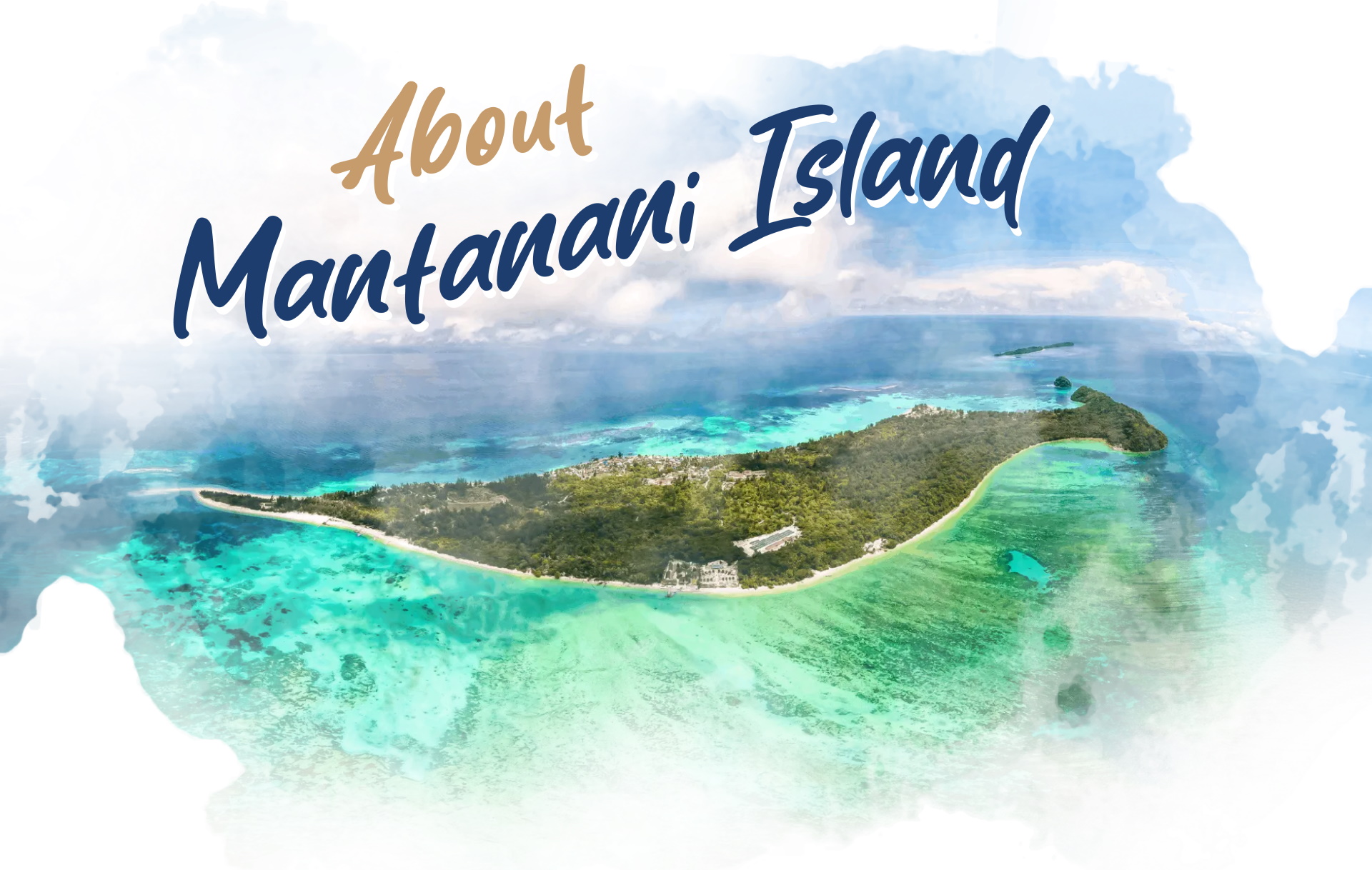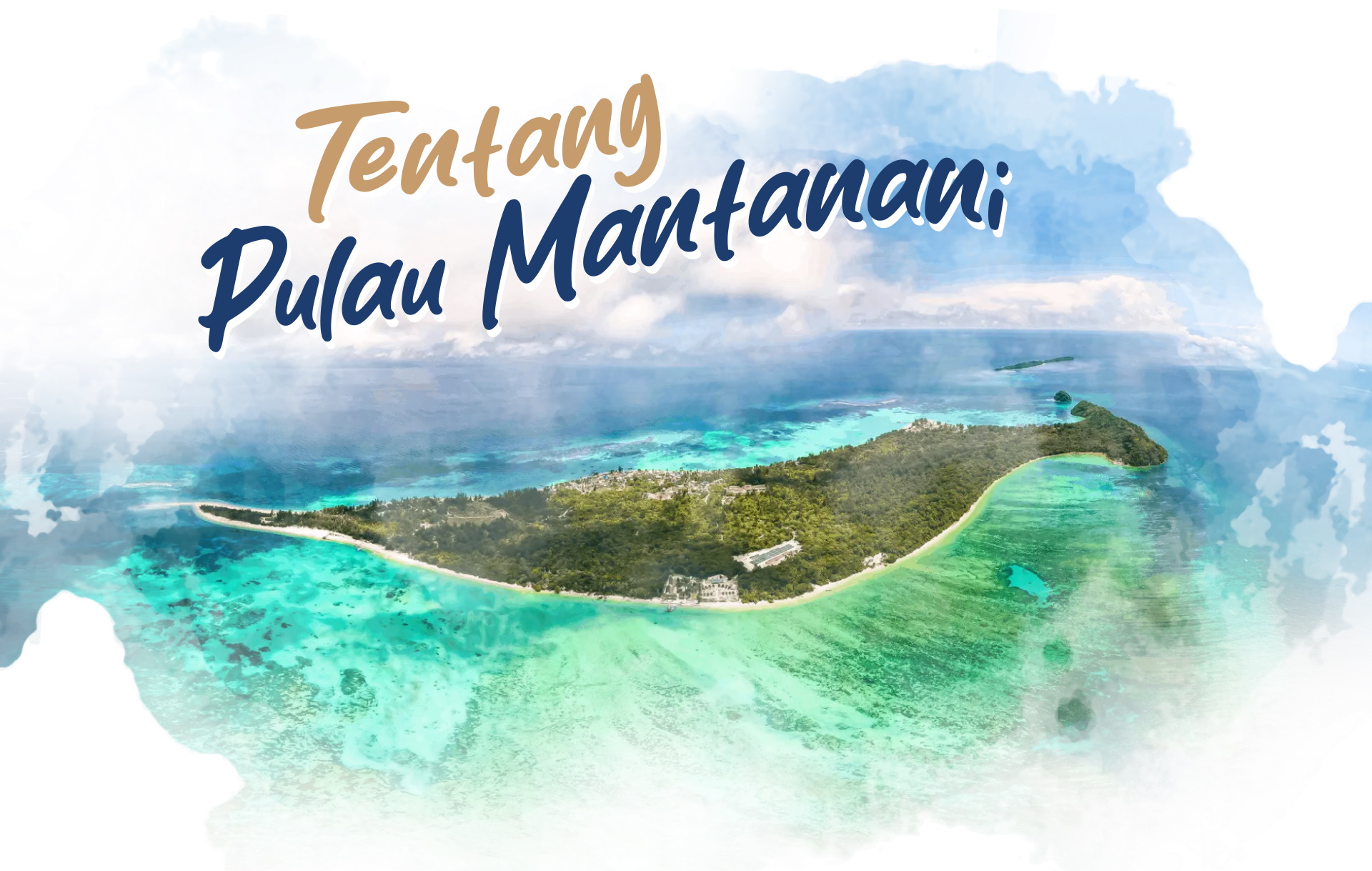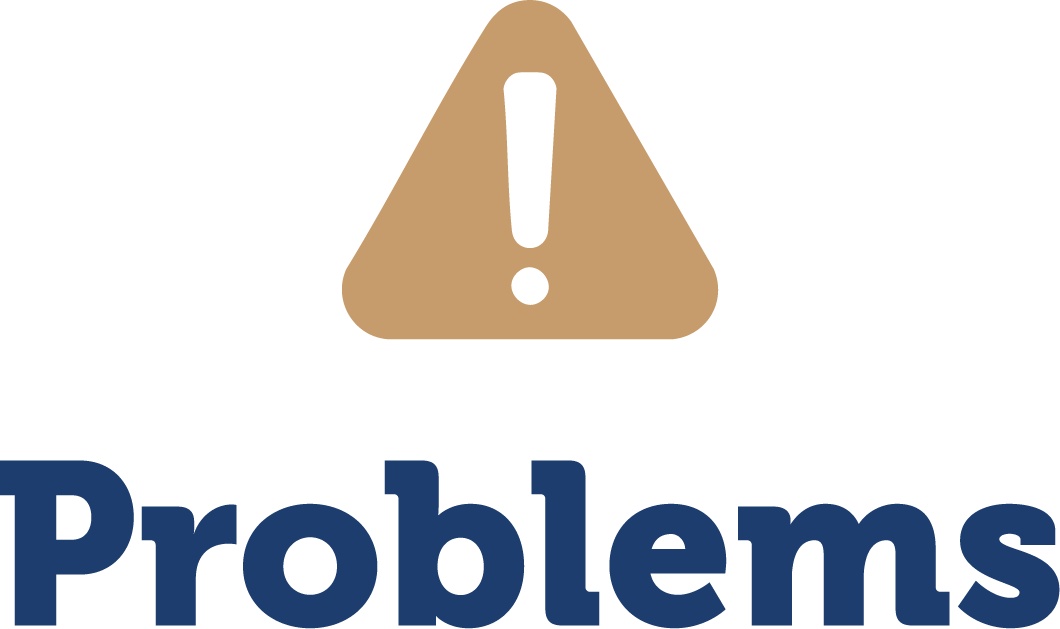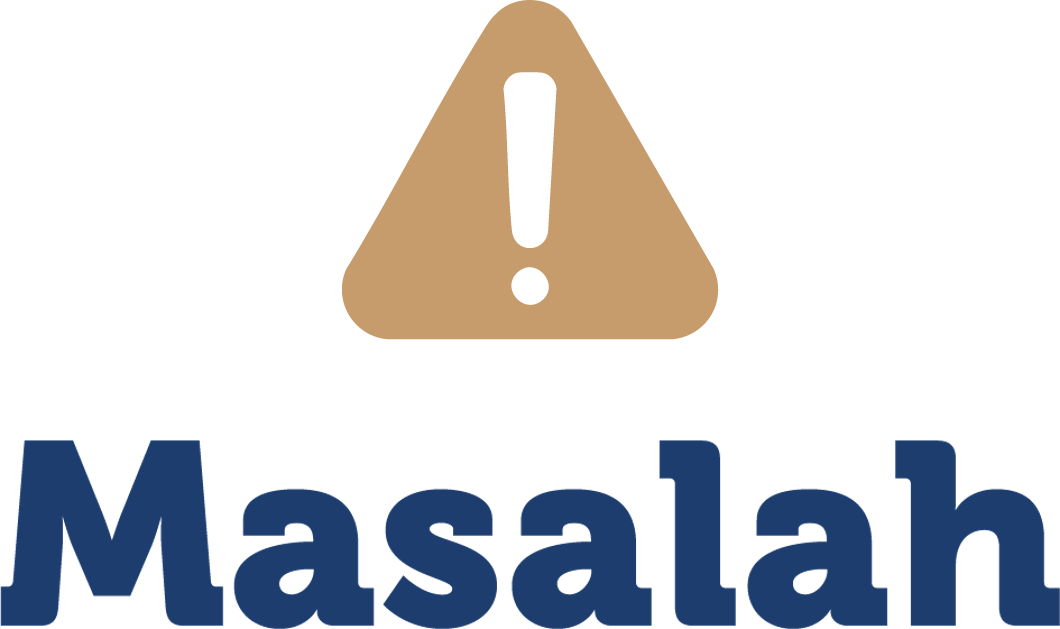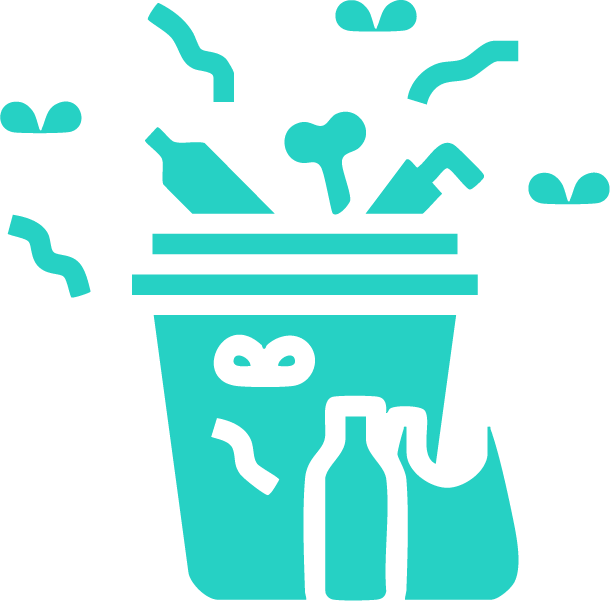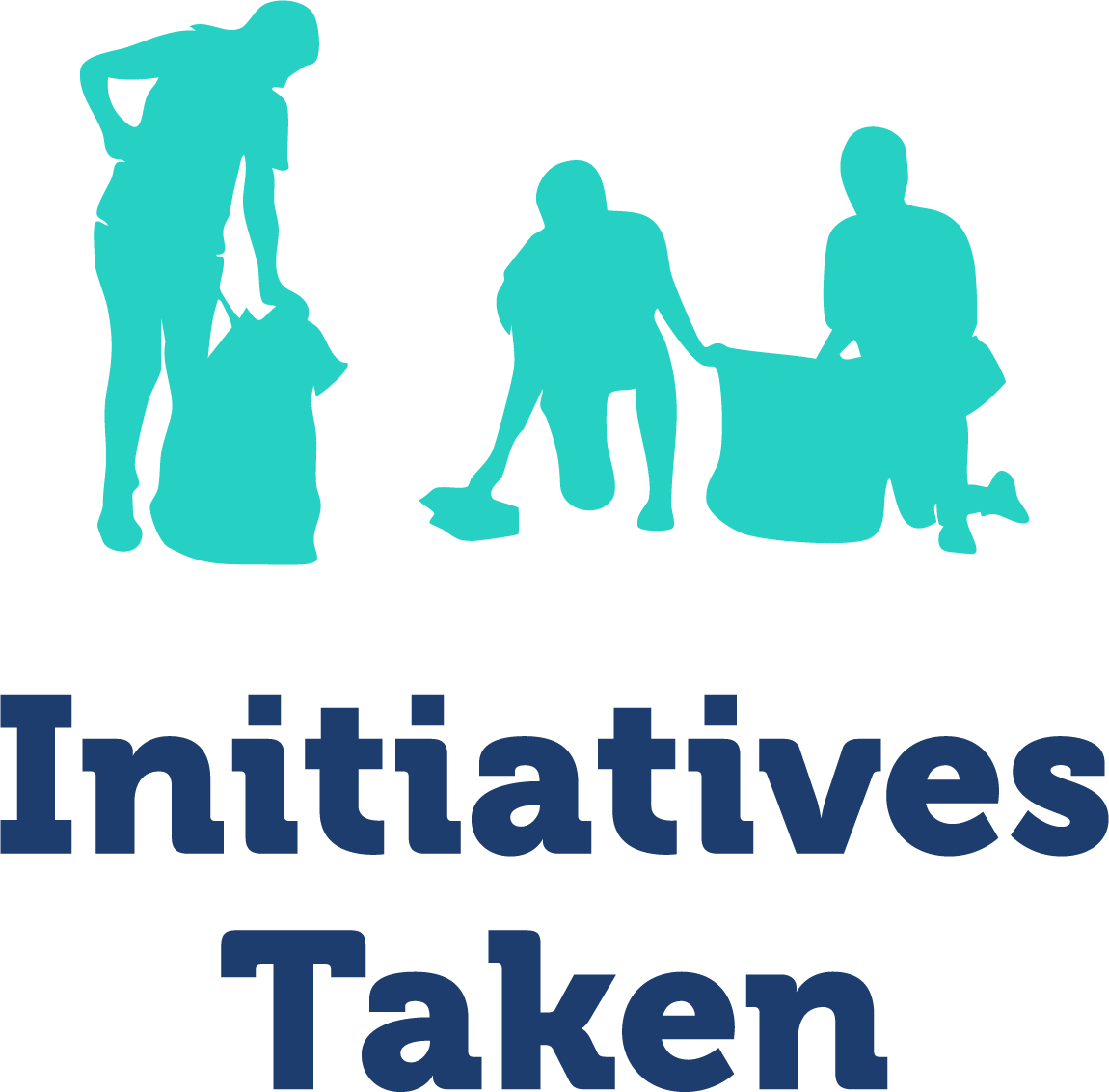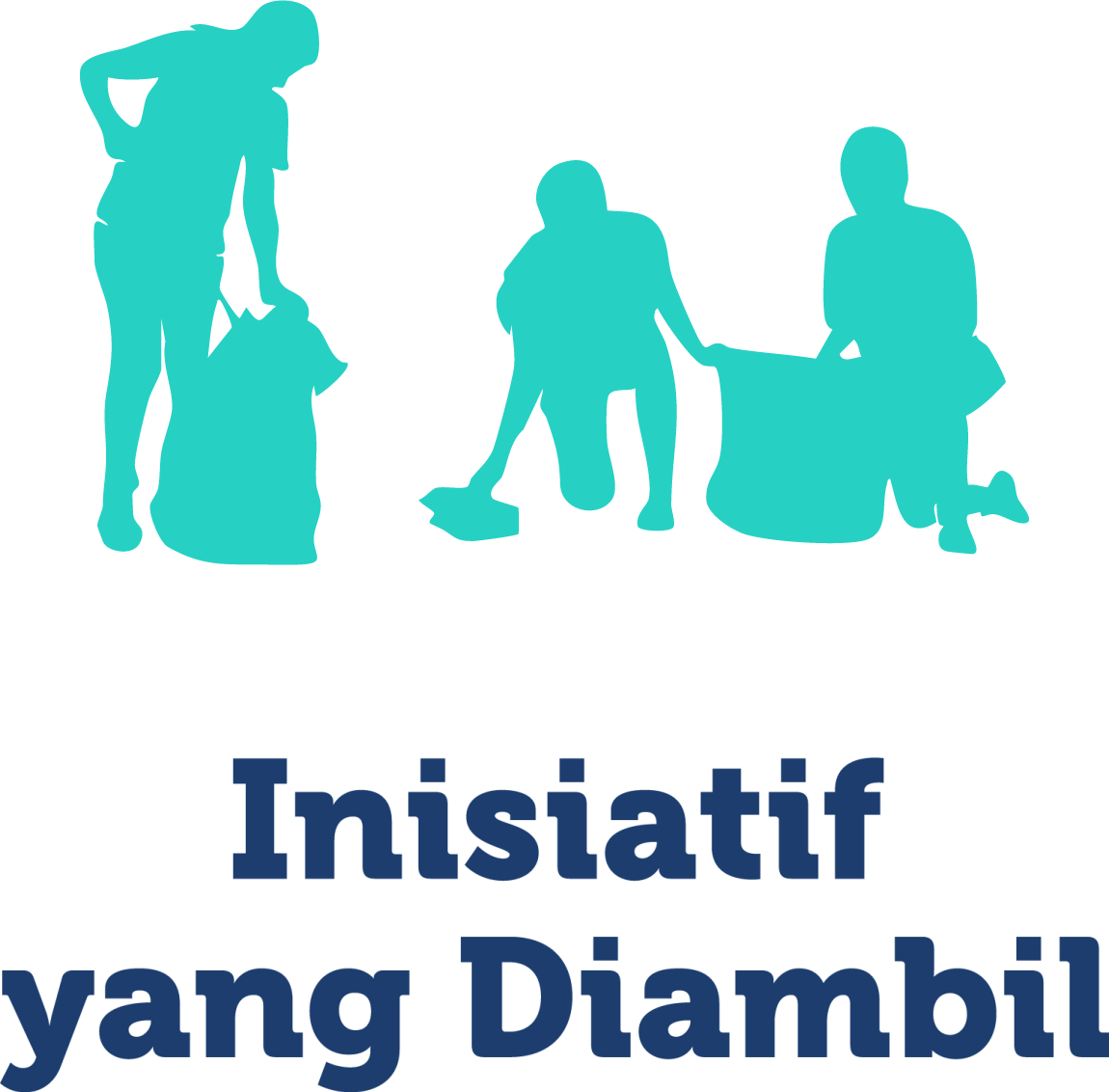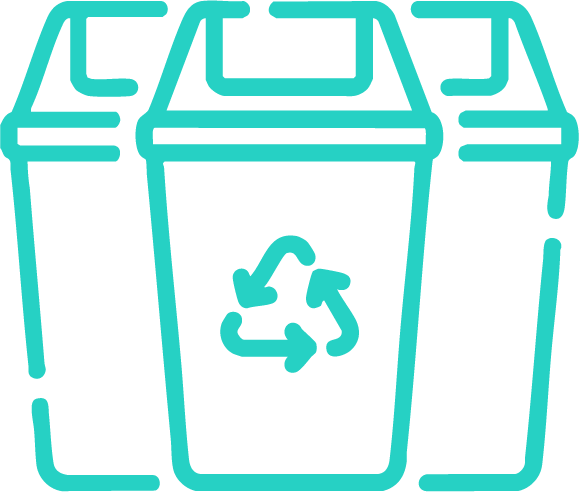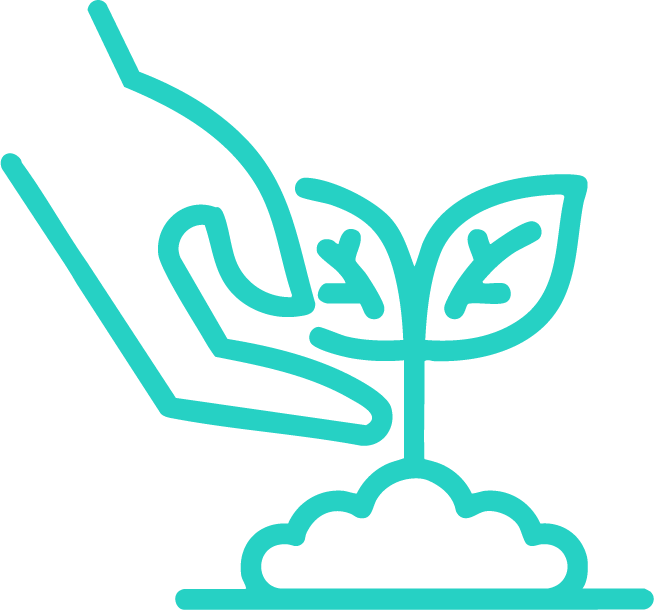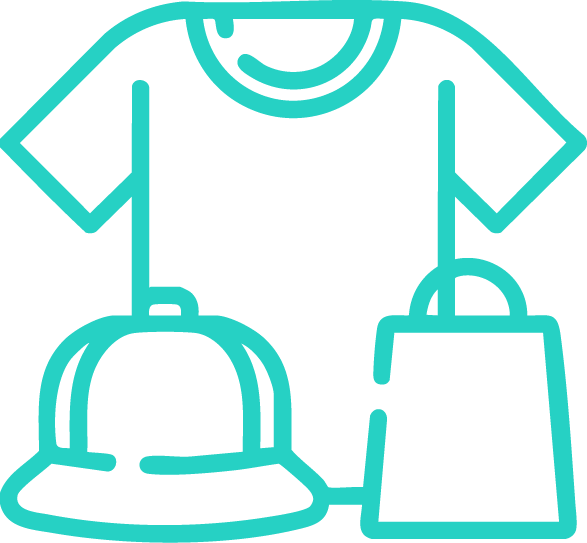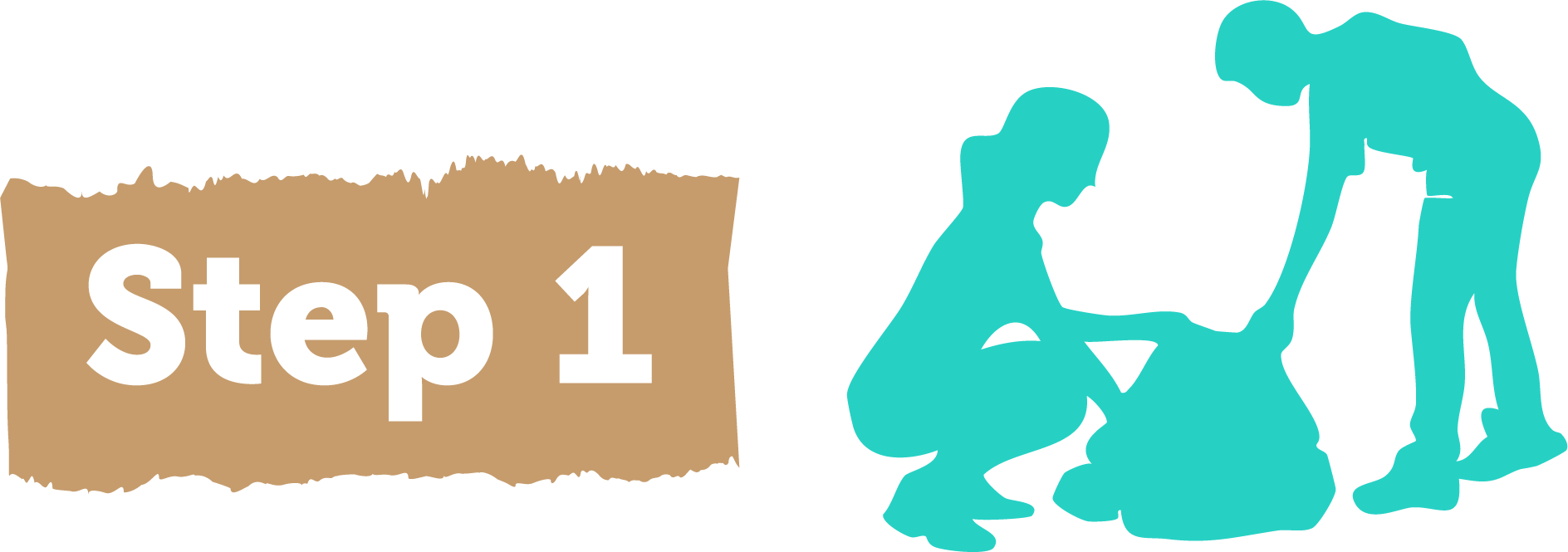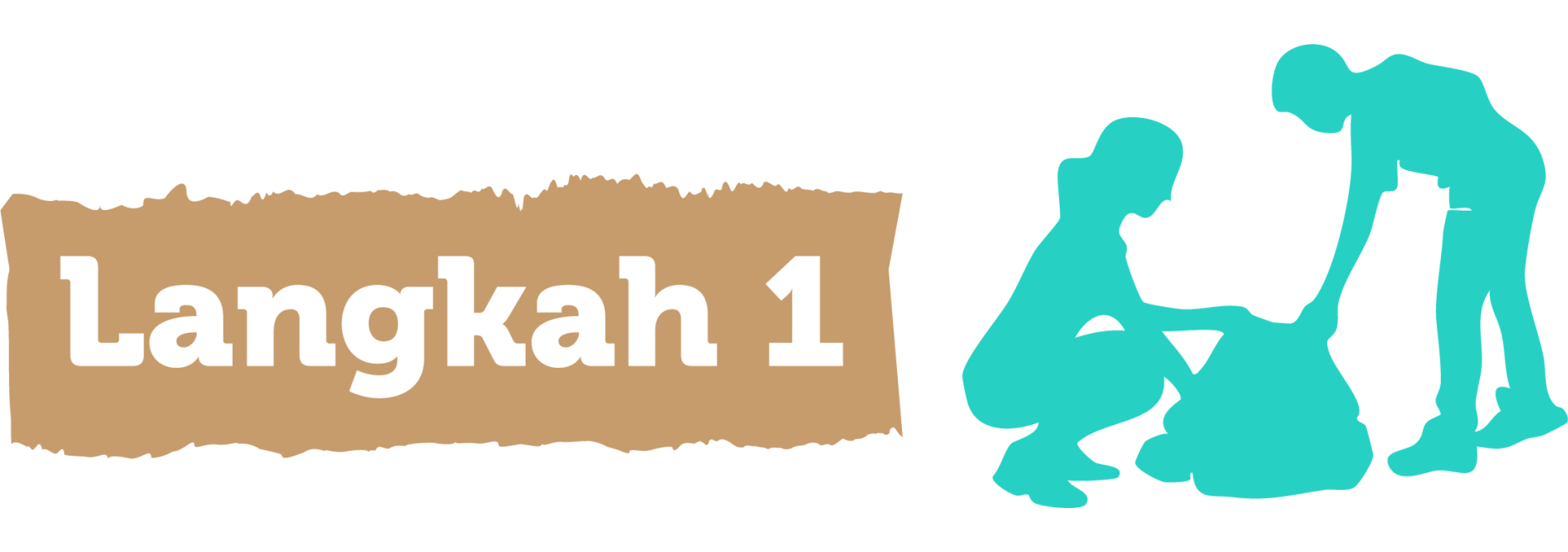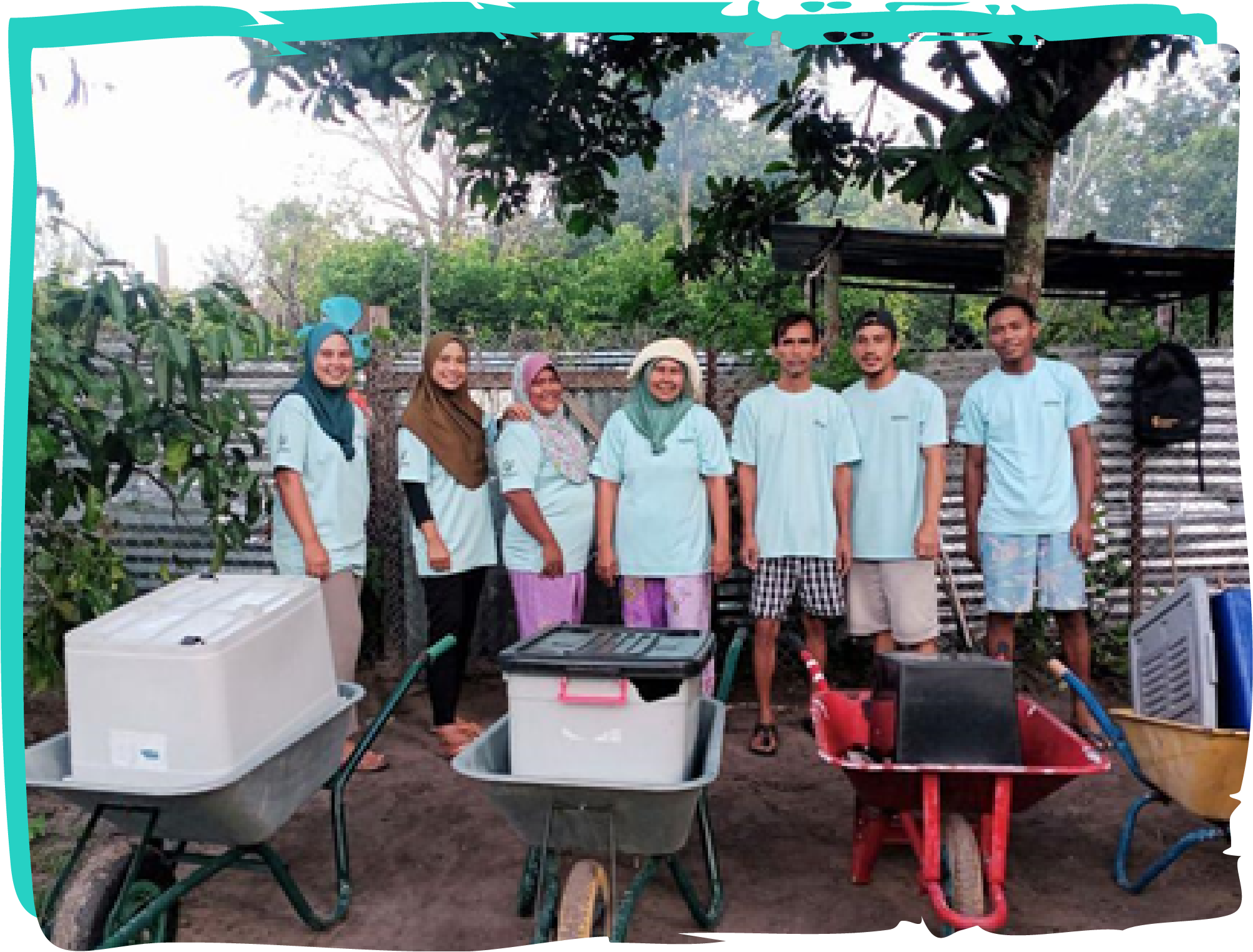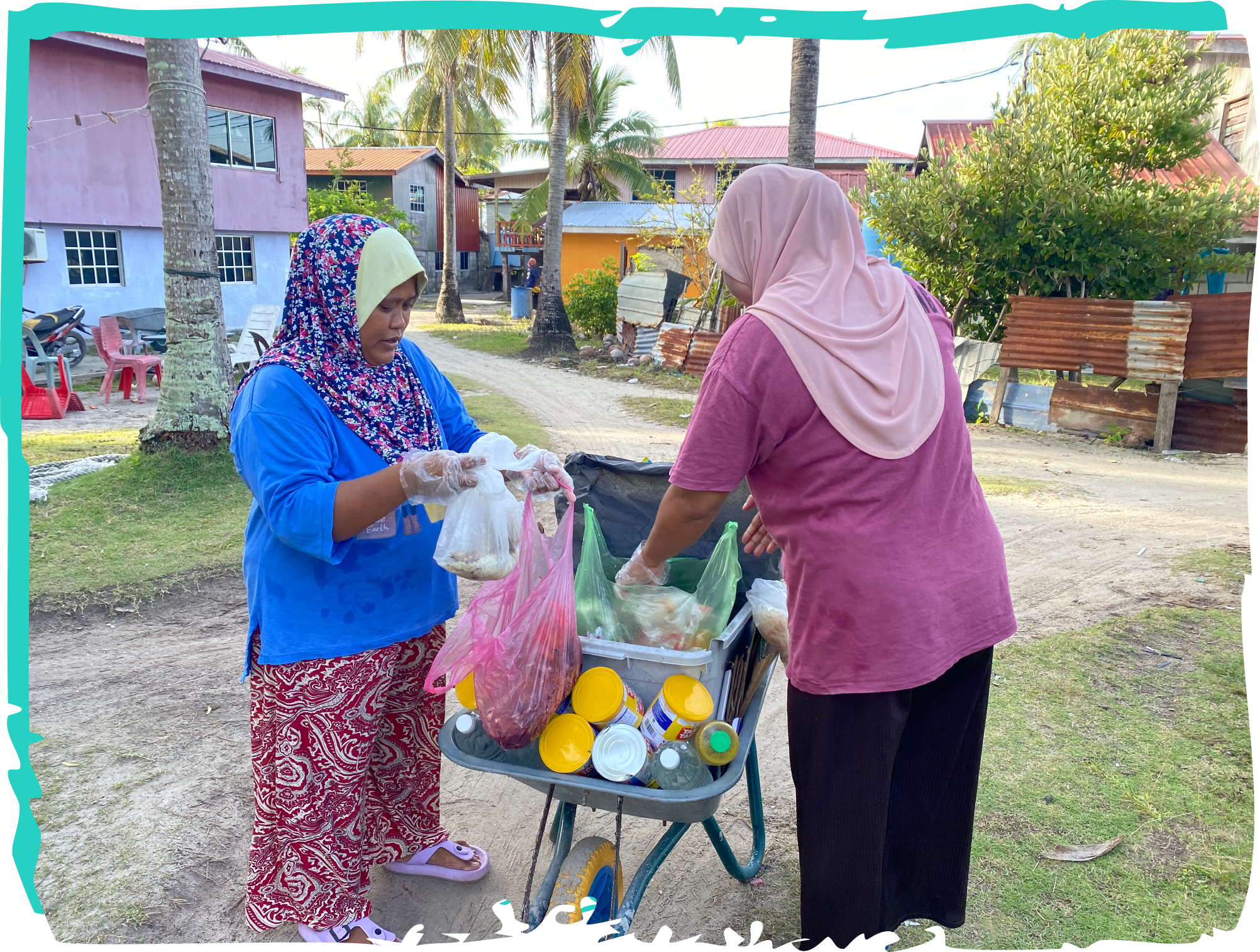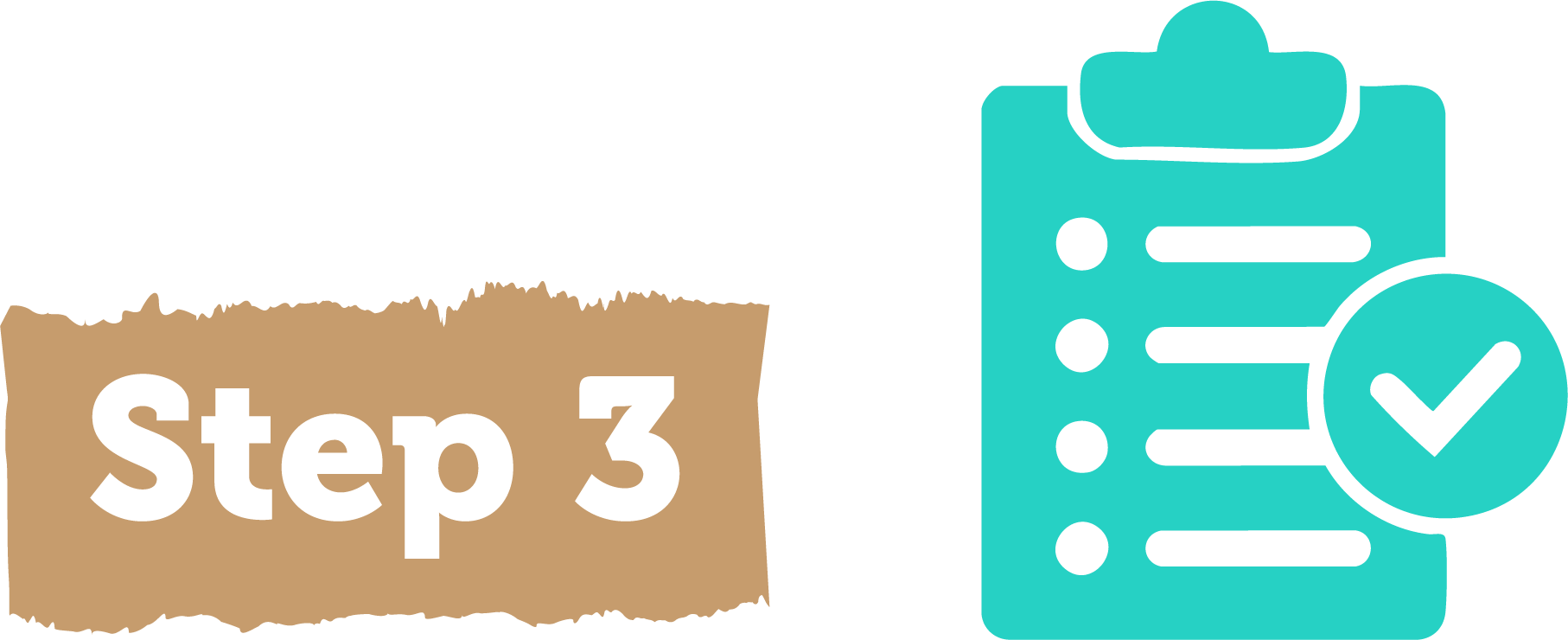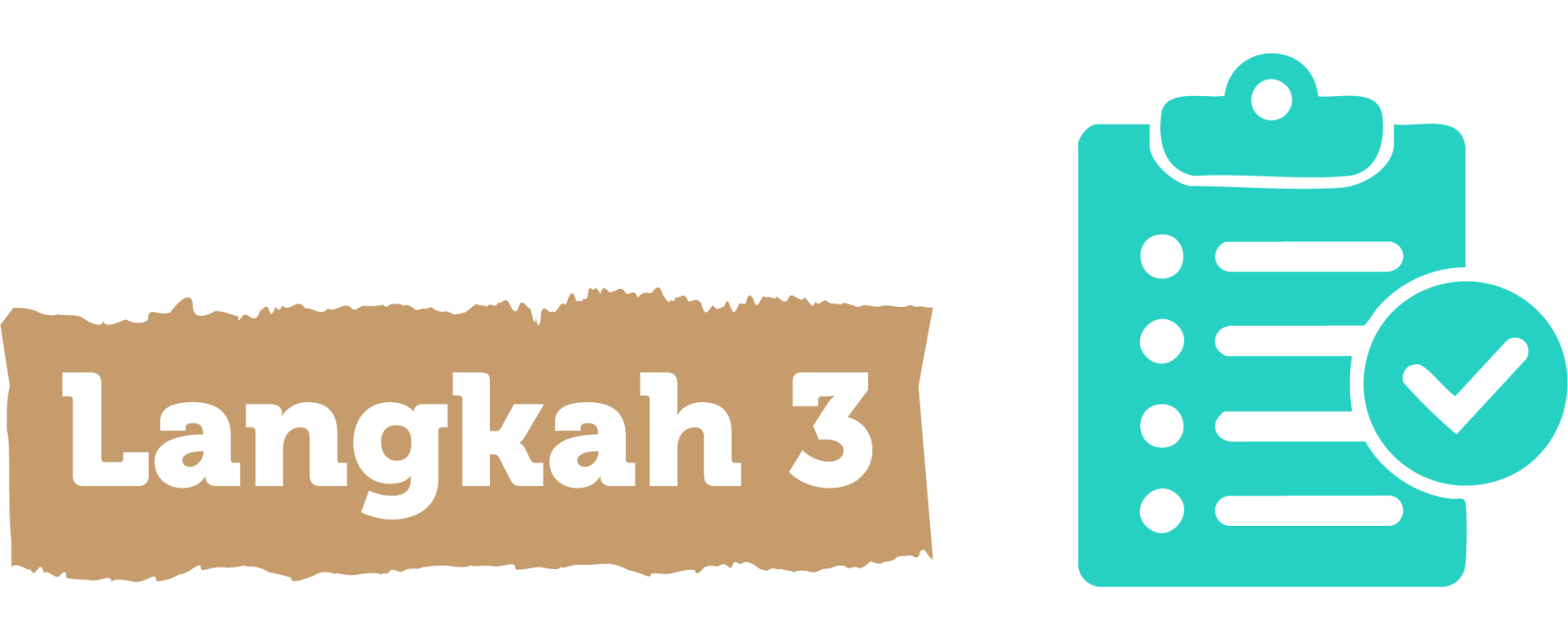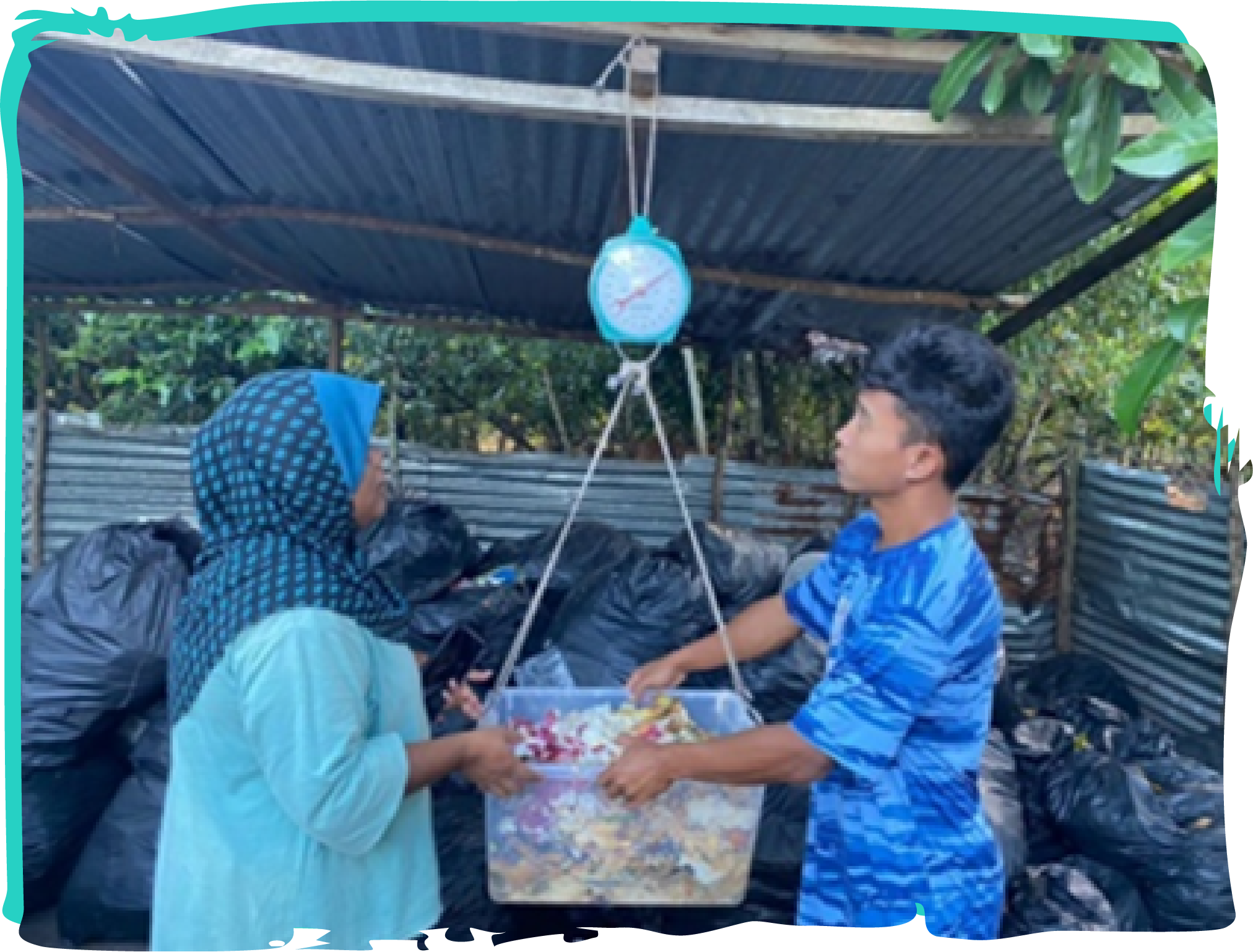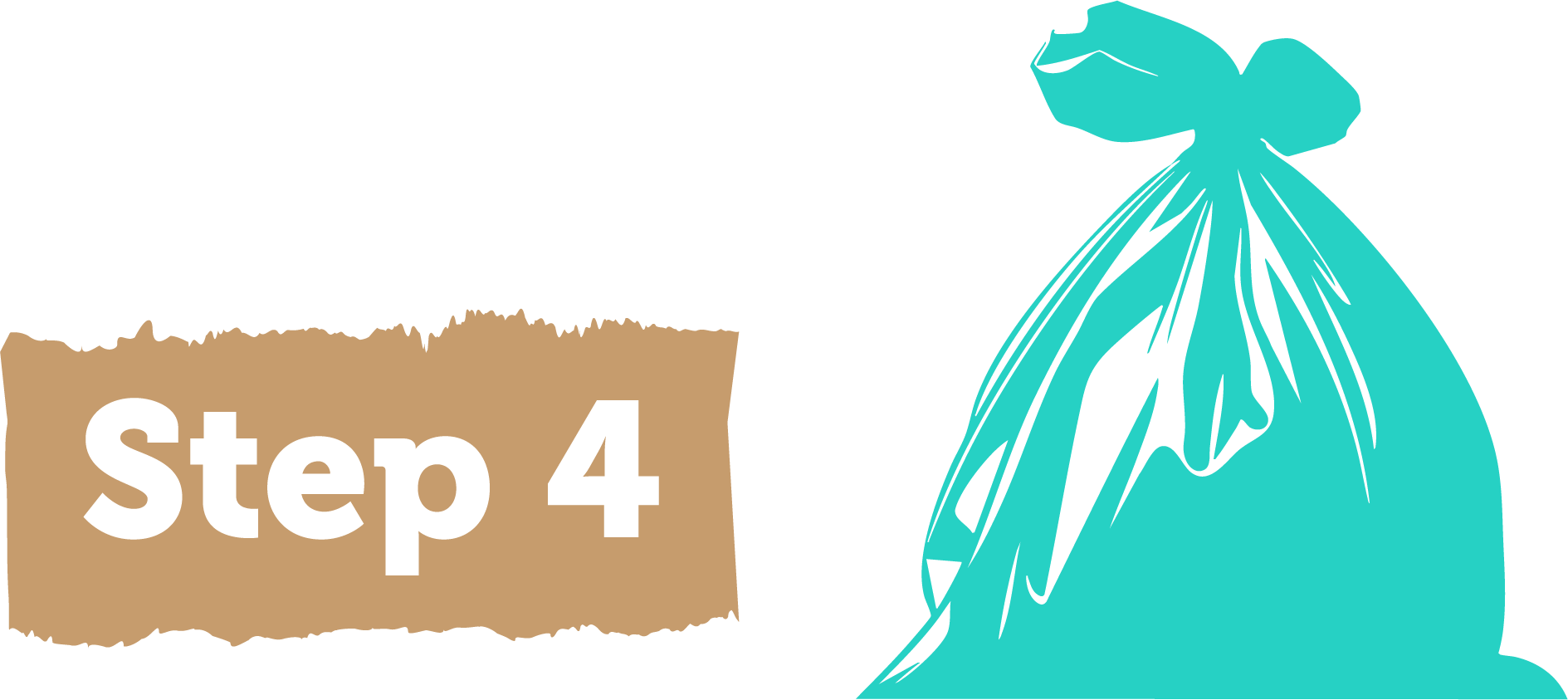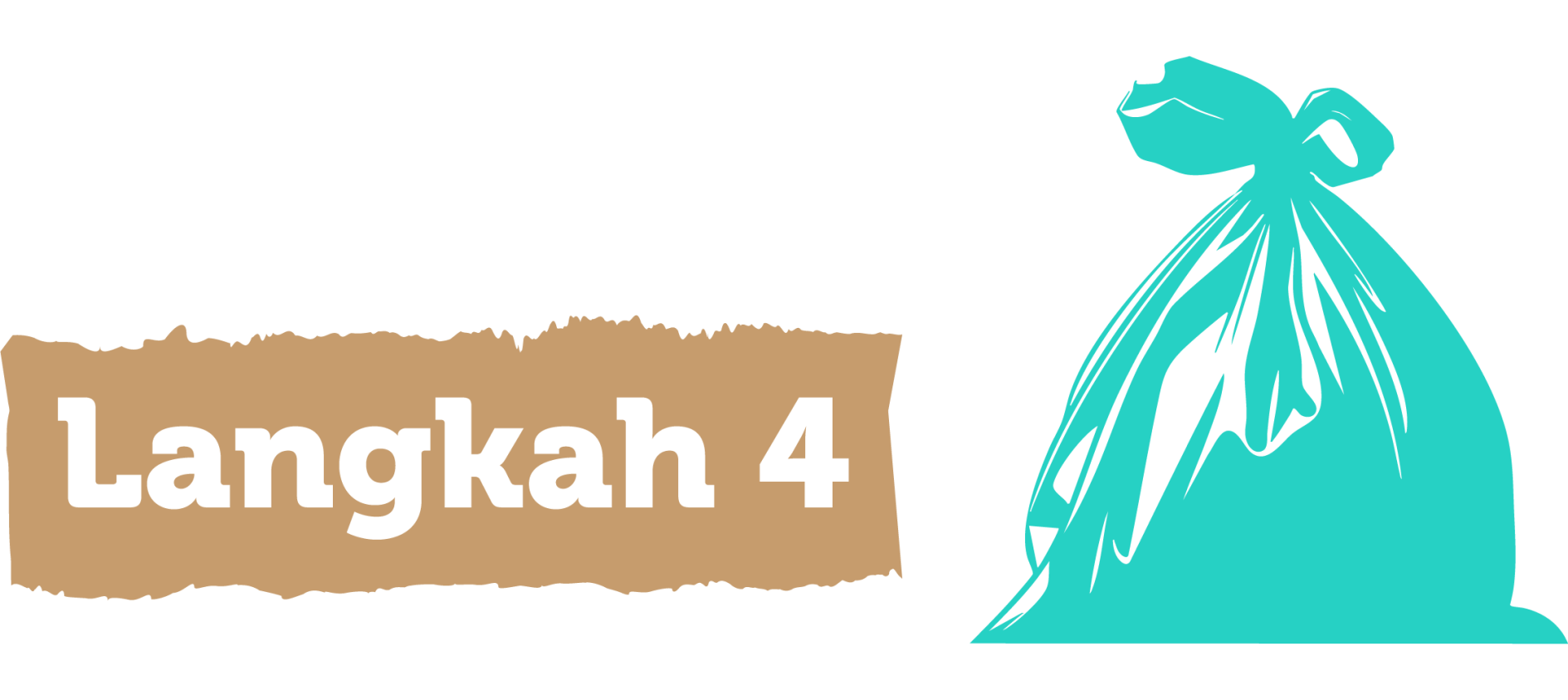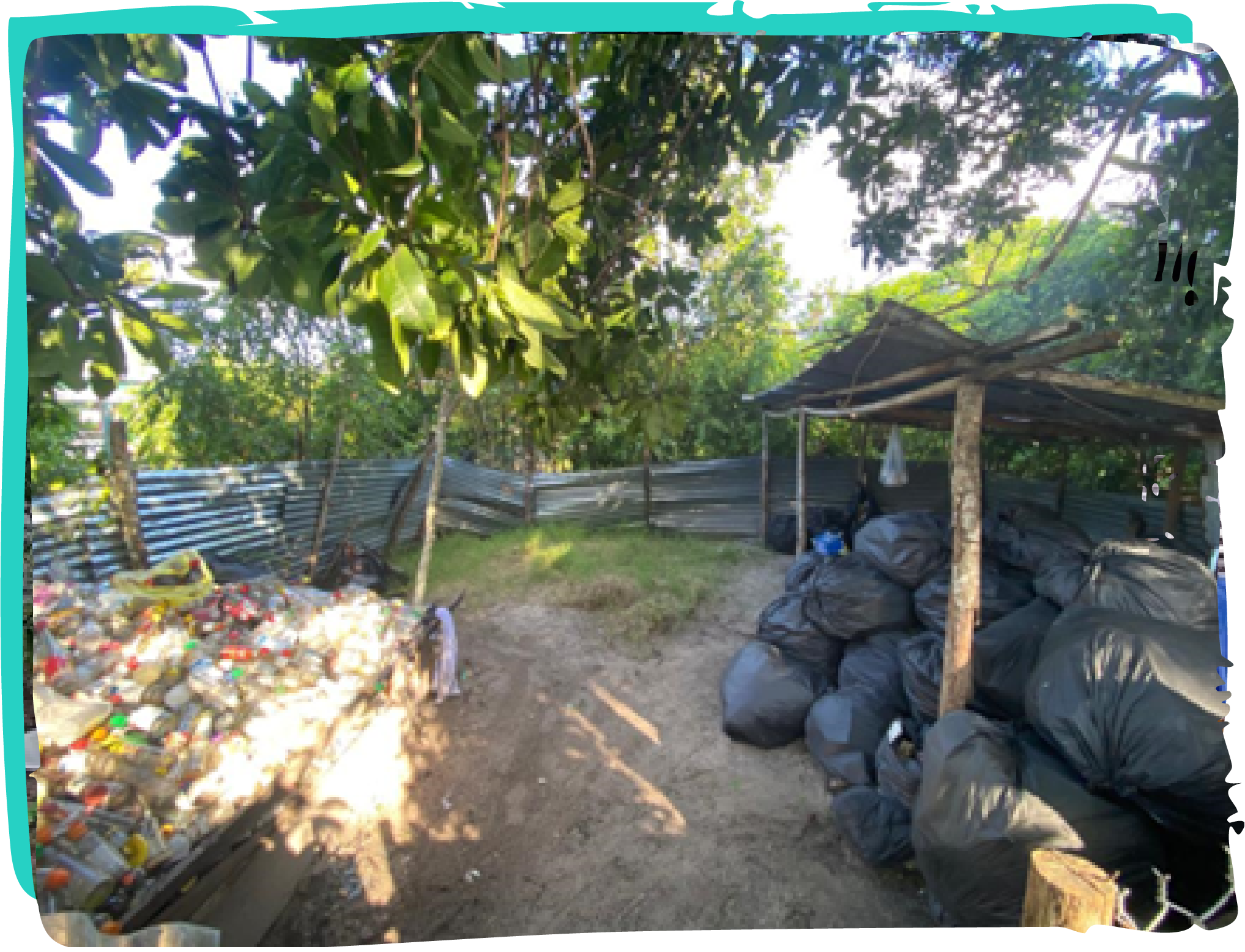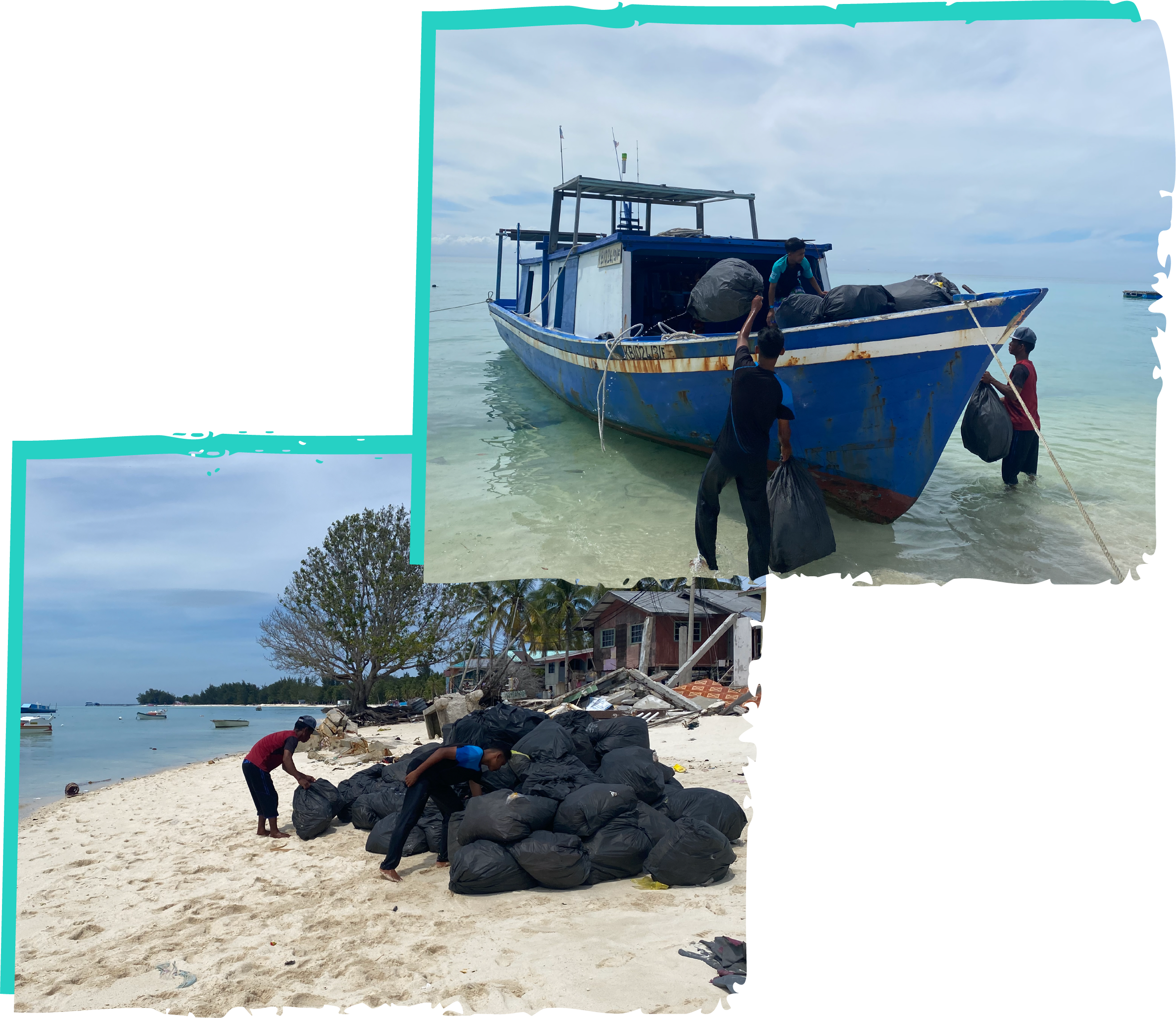
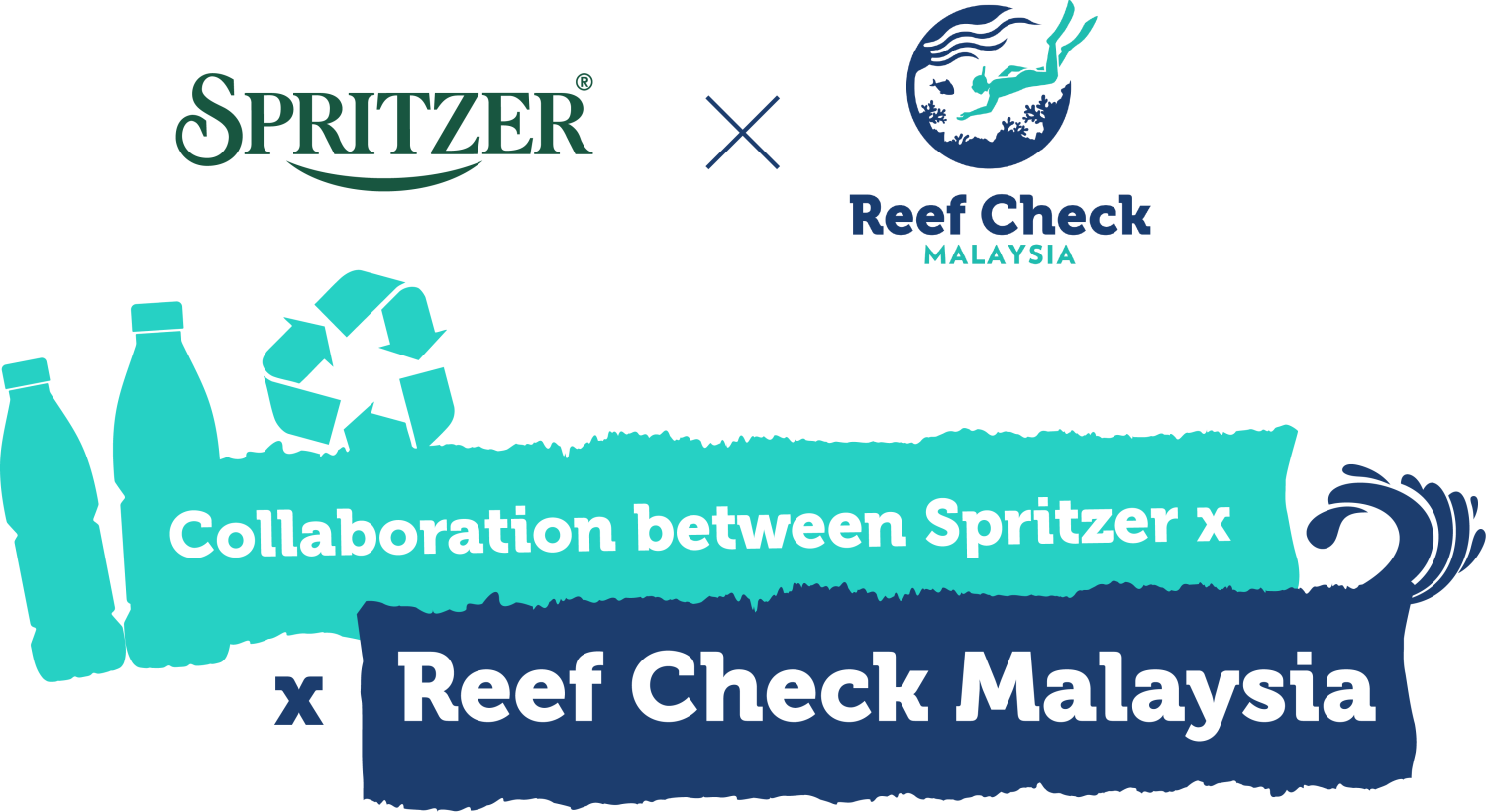
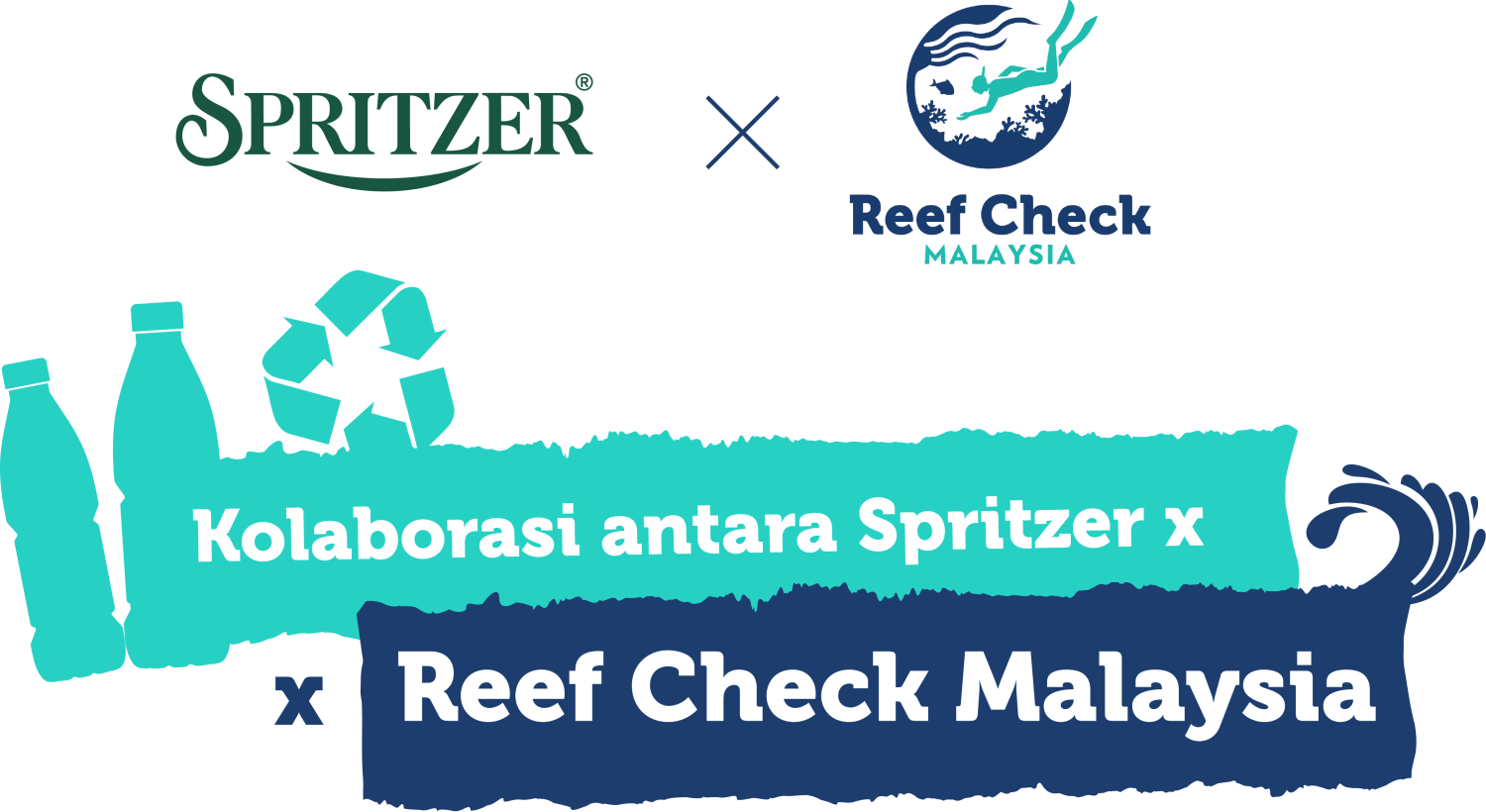
As part of our ongoing commitment to sustainability, Spritzer is proud to collaborate with Reef Check Malaysia on a Waste Management Program at Mantanani Island, Sabah. This initiative aims to improve waste collection and recycling efforts on the island, helping to reduce pollution and protect the surrounding marine ecosystem. Together, we are working towards creating a cleaner, healthier environment for both the local community and future generations.
Sebagai sebahagian daripada komitmen berterusan terhadap kelestarian, Spritzer berbangga bekerjasama dengan Reef Check Malaysia dalam Program Pengurusan Sisa di Pulau Mantanani, Sabah. Inisiatif ini bertujuan untuk menangani masalah sisa yang semakin meningkat di pulau tersebut, memelihara terumbu karang, dan melindungi sumber semula jadi laut. Bersama komuniti tempatan dan pelancong, kami berusaha untuk mencipta impak yang berpanjangan untuk generasi masa depan.
